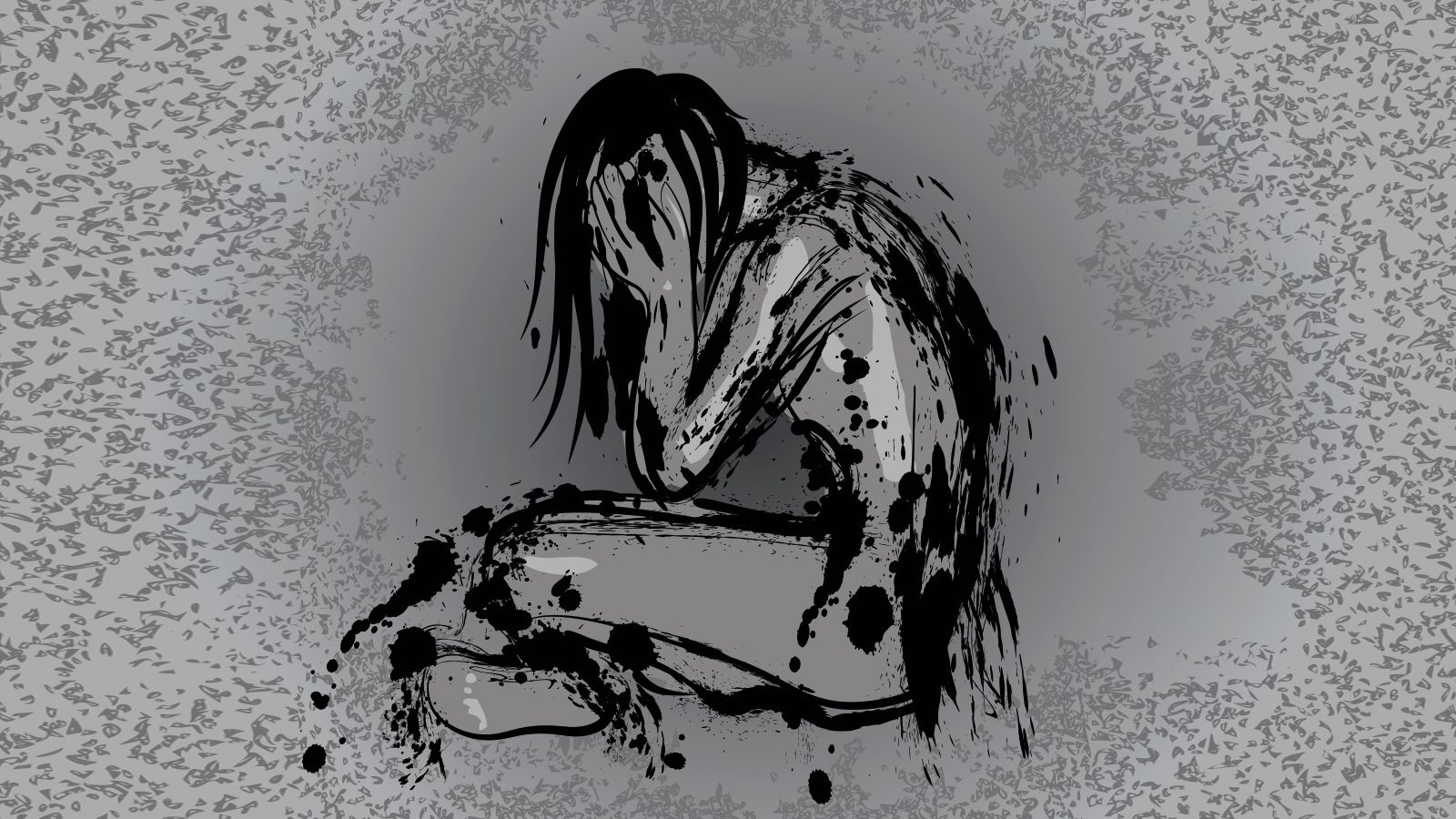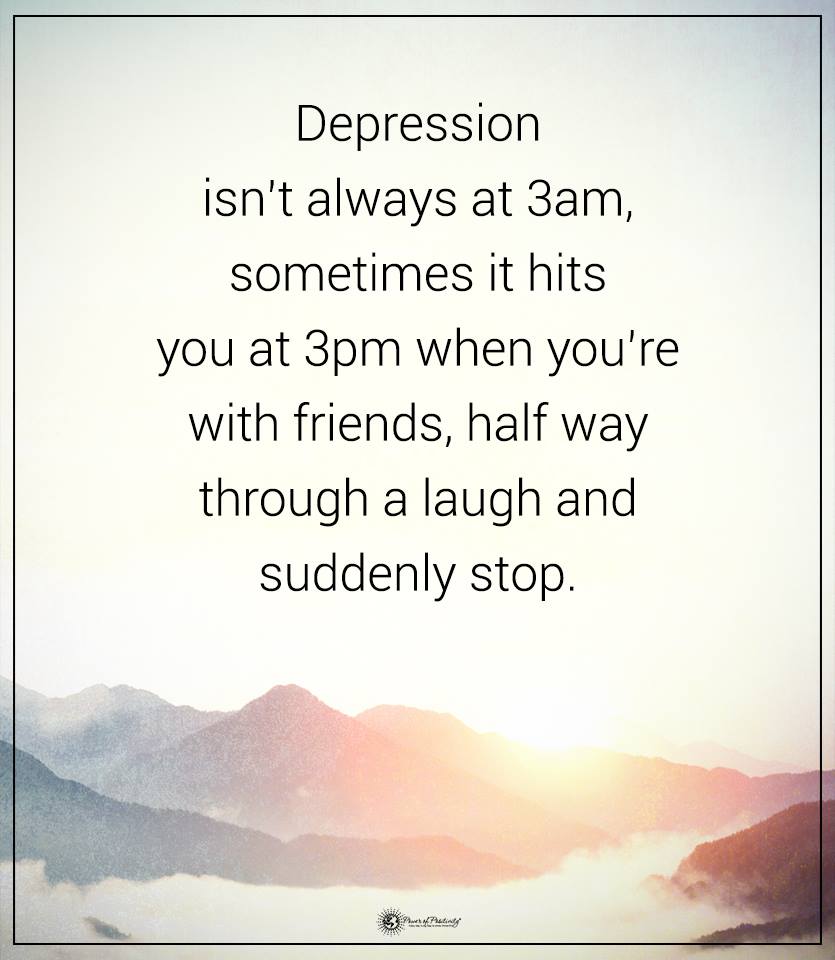Depression, besides psychotic depression, affects millions of people worldwide. This disorder can devastate an individual’s daily life. However, not all forms of depression are the same, and some types can be more severe than others.
Psychotic depression is a particularly severe form of depression marked by delusions and hallucinations. These symptoms can make it challenging for people with this disorder to function daily. They may need specialized treatment to manage their symptoms. Distinguishing psychotic depression from other forms of depression is essential, as it requires a different approach to treatment.
Depression can cause sadness, hopelessness, and a lack of motivation. But psychotic depression goes beyond these symptoms and can lead to delusional thinking and hallucinations. The delusions and hallucinations can often be very distressing for the person experiencing them.
Therefore, recognizing the signs of psychotic depression is crucial for seeking timely treatment and improving any mental health disorder.
People Experiencing Psychotic Depression Might Not Understand the Depth of the Disorder
Unfortunately, people with psychotic depression may not always recognize the severity of their symptoms or may feel ashamed to seek help. That’s why it’s essential to understand the warning signs and seek appropriate help if you or someone you know is experiencing them. This article will explore the seven signs of psychotic depression you should never ignore.
By identifying the symptoms of this psychotic depression, you can take steps to seek appropriate help and begin the path to recovery. With proper treatment and support, people with psychotic depression can manage the symptoms and improve their quality of life.
Seek Immediate Help if You See These Signs of Psychotic Depression
Let’s look at the seven signs you should never ignore. These warning signs can help you or someone you know when it’s time to seek help. They can help you get on the pathway to recovery.
1 – Persistent Sadness and Low Mood
Persistent sadness and low mood are hallmark symptoms of depression and can affect anyone at any age. In the case of psychotic depression, these symptoms can be much more severe and debilitating. Individuals with this condition may feel a profound sense of sadness and despair. Individuals with depression may lose interest in activities they once enjoyed and withdraw from social situations, further exacerbating their sadness.
One significant challenge for people with psychotic depression is that delusions and hallucinations can accompany their low mood. This low makes it difficult to distinguish between reality and their thoughts. It’s crucial to acknowledge hopelessness and despair and seek help if the symptoms of this disorder persist.
Unfortunately, many people with psychotic depression may not seek help because they believe their symptoms are personal failures. However, these symptoms are not a personal weakness but a treatable medical disorder. With the proper treatment, people with psychotic depression can learn to manage their feelings and improve their quality of life.
2 – Delusions or False Beliefs
Delusions, or false beliefs not based on reality, are a key distinguishing feature of psychotic depression. These delusions can be irrational and can significantly harm an individual’s daily functioning. People with this condition may hold firmly to these beliefs, even when presented with evidence to the contrary.
There are several common types of delusions that people with psychotic depression may experience. They may also experience delusions of persecution and believe they are being watched or followed. Another common type of delusion is delusions of grandeur, where the individual believes they have exceptional abilities, wealth, or fame.
This symptom of the disorder can significantly impact an individual’s daily functioning, making it challenging to maintain relationships or hold a job. For example, a person who experiences delusions of persecution may become paranoid and avoid social situations. Someone with delusions of grandeur may become overly confident and take unnecessary risks.
The treatment of delusions often involves a combination of medication and therapy. This therapy can help individuals learn to manage their thoughts and behaviors.
3 – Hallucinations
Hallucinations are another common symptom of psychotic depression, and they involve perceiving things that are not present or real. These sensory experiences can be auditory, visual, or other types, and they can be distressing and frightening. People with psychotic depression may struggle to differentiate between what’s real and not, leading to confusion and anxiety.
Auditory hallucinations, or hearing things that aren’t there, are the most frequent type of hallucination experienced by those with psychotic depression. Someone may perceive voices, music, or other sounds and disrupt daily life. Visual hallucinations, or seeing things that aren’t there, are less common in psychotic depression but can still occur.
People with psychotic depression may hesitate to discuss their hallucinations for fear of being judged or misunderstood. So, creating a supportive, safe, and non-judgmental environment to share their experiences is crucial.
4 – Social Withdrawal and Isolation
Social withdrawal and isolation are common symptoms of psychotic depression. Individuals with this condition may strongly desire to withdraw from social situations. They may avoid social activities, friends, and family members and prefer to spend most of their time alone. They may feel as though they don’t fit in or as though others don’t understand them.
It can result in social isolation and loneliness, worsening symptoms and significantly impacting mental health. Depression can also contribute to physical health problems like high blood pressure, heart problems, or stroke. The tendency to withdraw from social situations can also make it difficult for individuals with psychotic depression to seek help.
Individuals with depression may feel embarrassed or ashamed of their symptoms and worry that others won’t understand what they’re going through. Mental health professionals can provide support or help to manage symptoms and cope with a feeling of loneliness and social isolation. Support groups can also help give a sense of community and understanding.
5 – Suicidal Thoughts and Behaviors
Suicidal thoughts and behaviors are critical warning signs of psychotic depression. People with this condition may experience thoughts of self-harm or suicide and may engage in behaviors that increase their risk of harm. Suicidal thoughts can be overwhelming and may be accompanied by feelings of hopelessness and despair. These individuals may feel trapped in a cycle of negative thoughts and emotions.
They may believe that there is no hope for recovery. It’s essential to recognize that suicidal thoughts and behaviors are not a sign of weakness or failure. Depression is not a personal weakness. Instead, it is a symptom of a deeper underlying mental health disorder.
Try to know the signs of suicidal ideation and seek immediate help. Immediately contact a mental health professional, crisis line, trusted friend, or family member. People with psychotic depression may be at higher risk for suicide than those with other types of depression. So, it’s essential to take these warning signs seriously.
6 – Cognitive and Motor Impairment
Cognitive and motor impairment are often present in individuals with psychotic depression. People with this condition may experience difficulties with thinking, concentration, and memory, making it challenging to complete daily tasks and engage in activities. They may also experience a decrease in motor skills, making movements slower and more challenging.
Cognitive and motor impairment can significantly impact daily functioning, leading to difficulty at work, school, or home. People with psychotic depression may also experience a decrease in motivation and energy. Indeed, it makes it challenging to engage in activities they once enjoyed.
For example, someone with cognitive impairment may struggle with decision-making or problem-solving. Someone with motor impairment may have trouble with coordination or movement. These symptoms can also affect an individual’s ability to work or maintain relationships, leading to further social withdrawal and isolation.
7 – Sleep Disturbances
Sleep disturbances are common in people with psychotic depression and can present as insomnia or hypersomnia. Insomnia indicates difficulty falling or staying asleep, whereas excessive sleepiness and extended sleep duration reveal hypersomnia. Changes in sleep patterns can be potential indicators of psychotic depression.
Poor sleep quality or sleep deprivation can worsen existing mental health conditions and increase the risk of developing new ones. Sleep disturbances can also negatively impact daily functioning, leading to decreased energy, impaired concentration, and mood changes. Treating sleep disturbances is an essential part of managing psychotic depression and improving overall mental health outcomes.
Treatment options for sleep disturbances may include therapy and medication. Lifestyle changes are a must. Improving sleep hygiene, reducing caffeine and alcohol consumption, or engaging in relaxation techniques, can all help.
Seeking Professional Help and Treatment for a Mood Disorder Like Psychotic Depression
Seeking professional help for psychotic depression is crucial for managing symptoms and improving mental health outcomes. Some people may try to manage their symptoms on their own. Professional help as early as possible is essential to ensure timely and effective treatment. Treatment options for psychotic depression may include medication, therapy, or a combination of both.
Antidepressants and antipsychotic medications can help manage symptoms such as depression, delusions, and hallucinations. Therapy, including cognitive-behavioral therapy (CBT), can help people recognize and alter negative thought patterns and develop coping mechanisms. Support from loved ones or friends can also help manage psychotic depression.
Online or in-person support groups can provide a sense of community and understanding. Working with a mental health pro is crucial to develop an individualized treatment plan to decrease specific symptoms and needs. It might take time to find the right treatment combination. Adjustments need to be made over time to ensure the best outcomes.
Final Thoughts on Treating Psychotic Depression
Psychotic depression is a severe and dangerous mental health disorder. It requires early intervention for effective treatment. It’s essential to recognize the signs of this condition, especially the ones outlined above. Seeking professional help and support is vital to manage symptoms and improve mental health outcomes.
Do you struggle with severe depression? Then don’t hesitate to ask for help. Speak to a trusted healthcare provider or mental health professional to discuss treatment options, including medication, therapy, and support groups. Remember that recovery is possible. With the proper treatment and support, individuals with psychotic depression can regain their quality of life and overall well-being.

















 Community
Community

